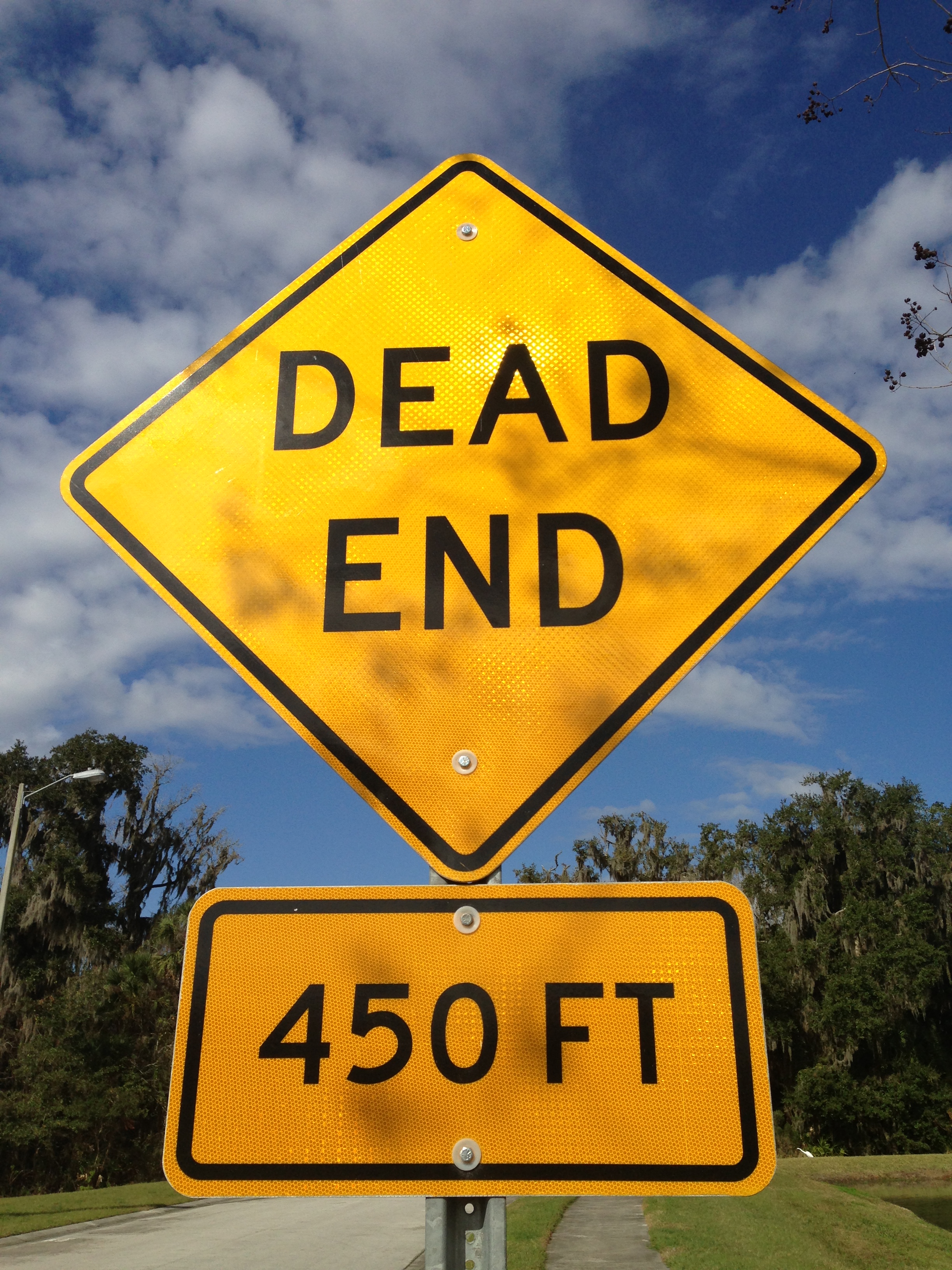Now You Can Appeal Two More Types of Nonfinal Orders

Are these two gentlemen arguing overwhether they have a settlement? Now they can let the appellate courts figure it out.
Today is the day that a myriad of changes to the Florida Rules of Appellate Procedure go into effect. We’ve previously outlined all of the changes, but in our first post of 2019 we’ll focus in on the changes to Rule 9.130, which governs what kind of nonfinal orders you can immediately appeal to Florida District Courts.
Orders that decline to enforce a settlement agreement.
Rule 9.130 contains the exclusive list of non-final orders that are reviewable by appeal in the district courts. As of January 1, parties will be able to obtain an immediate appeal from an order that determines “that, as a matter of law, a settlement agreement is unenforceable, is set aside, or never existed.”
This change appears to have been inspired by a law review article I co-authored with Anthony Russo and Ezequiel Lugo in 2013. In the midst of investigating a proposed “functional restatement” to certiorari review, we looked into review of orders denying a motion to enforce settlement (see pages 417-424 of the linked article). No avenue for review existed at the time, but as we discussed the matter we reasoned that immediate review of such an order would further the interests in judicial economy and support the long-established public policy favoring settlements. The Appellate Court Rules Committee considered our article and also thought that immediate review of such an order would be worthwhile. They made the recommendation to the Florida Supreme Court, and in this recent wave of amendments, the supreme court adopted this provision into the rules.
This rule will be useful when one party thinks that a settlement has been reached, but the other party either denies the same or refuses to comply with the settlement. The party seeking to enforce the settlement may file a “motion to enforce settlement” in the trial court, attempting to either confirm the settlement or force the other party to comply. Should the trial court deny the motion for whatever reason, that order would now be immediately appealable.
Orders that grant or deny a motion to disqualify counsel.
Similarly, parties may now also receive immediate review of orders that “grant or deny a motion to disqualify counsel.” This type of motion has always been reviewable by certiorari, but given that higher standard of review, was not likely to provide any immediate relief. Now, parties may seek immediate review regarding disqualification, and avoid the likelihood that the trial would have to proceed all the way through conclusion and then ultimately be invalidated on appeal just to send the parties back to the beginning.
Another consideration–a stay.
An appeal of either of these orders will not automatically delay the trial court proceedings while the appellate court considers the appeal. Consequently, either party may want to move the trial court to stay the proceedings pending the appellate court’s ruling on the matter. Doing so would avoid the risk of wasted effort and resources should the appellate court ultimately determine that there was an enforceable settlement agreement, or that the trial court erred in either disqualifying or refusing to disqualify counsel.
Motions for stay are governed by rule 9.310 and initially filed in the trial court in most cases. Review of an order granting or denying a stay is by motion in the appellate court. Both involve an in-depth analysis of the likelihood of prevailing on appeal and the risk of irreparable harm should a stay not be granted.
Can you use these new rules to your advantage? Call us!
Non-final review jurisdictional issues and stays pending appeal are sometimes simple, but in our experience will often become complex issues that can determine the course of all future litigation. We often handle these situations on behalf of clients or in cooperation with trial attorneys as part of our regular practice. Feel free to contact us if you have any questions involving these or any other issues regarding non-final appeals, certiorari review, or stays pending appeal.



